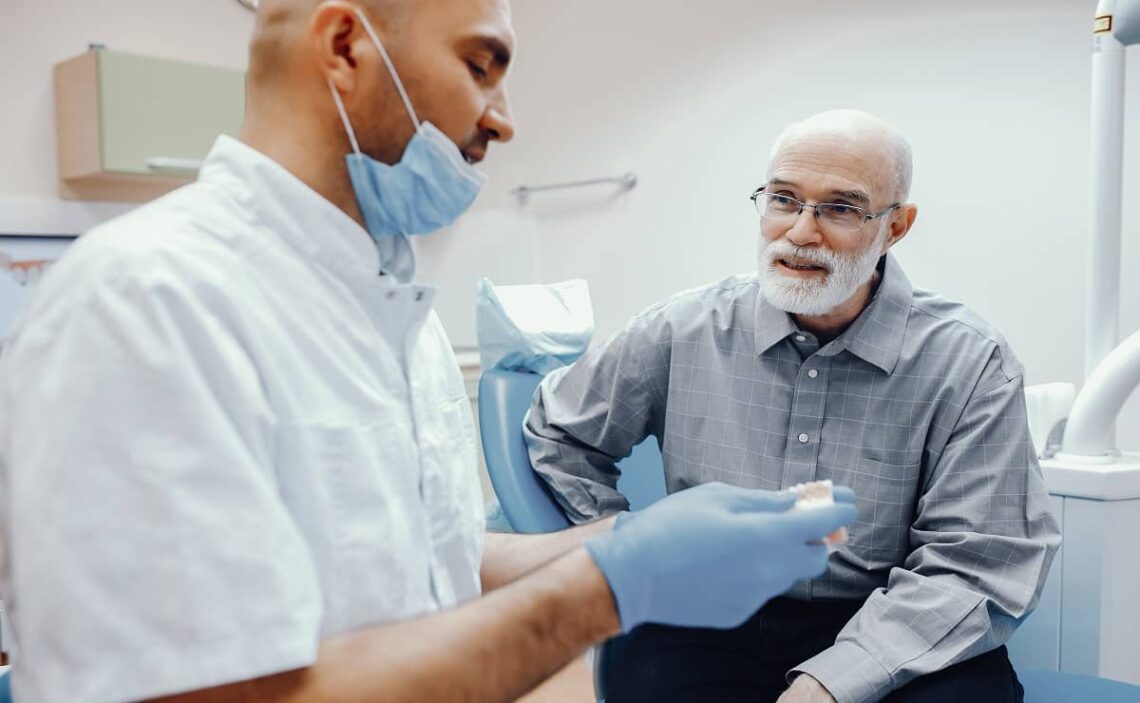Access to affordable dental care remains a major challenge for low-income adults across the United States. With the high costs of dental treatment and limited insurance coverage options, many people are unable to receive the essential oral health care they need.
However, there are dental subsidies specifically designed to help low-income adults access affordable dental care. The possibilities depend on the state of the country you are in, but you can be sure that you will always find an alternative that fits your needs.
What are dental subsidies based on?
Dental grants are financial assistance programs provided by government organizations, non-profit foundations and philanthropic entities to help people who cannot afford the costs associated with dental treatment.
These grants cover a wide range of dental services, including preventive care, restorative procedures and even cosmetic dentistry. They are generally sought after when a person cannot afford a nearby dentist or a dentist who accepts Wellcare.
To qualify for subsidies, you must belong to a social assistance plan or social solidarity program where dental care is included. Of course, you must prove that you do not have sufficient resources to pay for the necessary treatment.
Benefits of dental subsidies for low-income adults
Through the subsidies provided by the government of each state, it is possible to access medical care, even if you do not have the necessary means. Dental subsidies are part of the programs designed to alleviate your dental health problems when you are unable to attend a private clinic that accepts Costco insurance.
- Dental subsidies for low-income adults provide an important financial advantage by covering all or part of dental expenses
- Access to dental subsidies ensures that low-income adults can receive regular checkups, cleanings, and necessary treatment
- Many low-income adults suffer from dental problems that affect their self-esteem and social interactions
What should I do to find dental assistance?
- Research available grants at community health centers or dental societies
- Check the eligibility criteria of the programs. This way you can make sure you meet each one
- Prepare your paperwork and submit the application. Make sure you put in the right information
- Upon completion and verification that you have entered all the necessary information, it is time to submit the application along with the required documentation to the designated organization or agency
- If you do not go personally to deliver it, you should keep in touch to make sure that they have received the application. Once this is done, you just have to wait for the association will contact you
Types of Dental Assistance for Low-Income Adults
As we mentioned before, there are different associations dedicated to offer help to those who do not have enough resources to cover their oral treatments. Depending on the state of the country where you are, you can access different types of assistance.
[wpdatatable id=544]Public assistance
Several federal and state programs offer dental assistance for low-income adults. Medicaid is a comprehensive program that provides dental coverage to eligible individuals based on income and specific criteria. In addition, some states have dental assistance programs designed specifically for low-income adults.
Nonprofit Organizations
Many nonprofit organizations focus on providing dental assistance to people with limited financial resources. These organizations collaborate with dental professionals and health care providers to offer free or low-cost dental care to those in need.
Although they are popular, they often have limited access due to not having massive facilities or an extensive network of professionals. However, they are constantly investigating how to provide solutions to those in need.
Thank you Delta Dental Foundation for a generous $125k grant to support our initiative to increase access to dental care for low-income uninsured and undocumented older adults. @DeltaDentalins #dentalcare #viacarela pic.twitter.com/5vBVXLLBep
— Via Care Community Health Center (@ViaCareLA) September 7, 2022
Foundations and charities
Some foundations and charities, both local and national, offer dental grants to low-income adults as part of their generous initiatives. These grants may be available through community clinics or mobile dental units to improve dental access in underserved areas.
References
-
“Are There Dental Implant Grants for Low-Income Families or Individuals? | Upland Dental Group and Implant Center.” Dentists in Upland | Upland Dental Group & Implant Center, https://www.uplanddentalgroup.com/are-there-dental-implant-grants-for-low-income-families-or-individuals/
-
“Canadian Dental Association.” Canadian Dental Association, https://www.cda-adc.ca/policy_papers/en/2023/bridging_financial_gap/appendix-D.asp
-
“Dental Grants Of Texas.” Dental Grants Of Texas, https://www.dentalgrantsoftexas.com/FB/Grants
-
Online. Dental Grants For Low-Income Adults. YouTube, https://www.youtube.com/watch?v=_LoOcrnbqE8
-
Grover, Shubham. “Dental Grants for Low Income Adults – Grants for Medical.” Grants for Medical, https://www.grantsformedical.com/dental-grants-for-low-income-adults.html.


